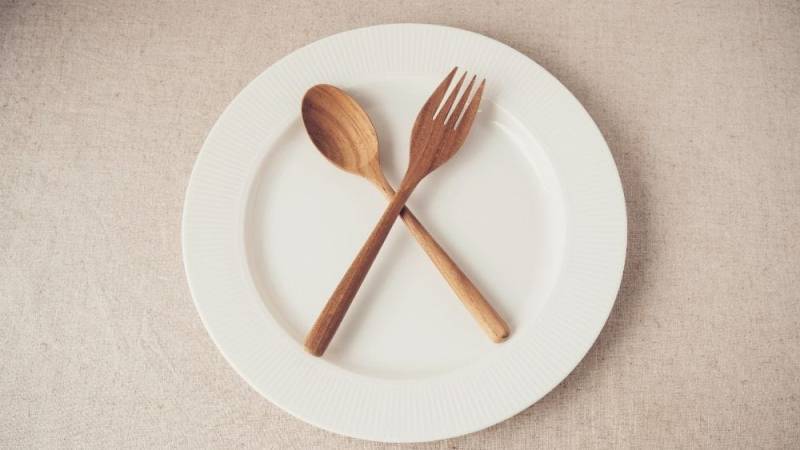
Cope with hunger - that's why you should practice fasting
👉 The key facts from this guide
- Fasting can help prepare for survival situations and learn how to deal with hunger.
- Hunger: Hunger can cause psychological stress and inner unrest; therefore it is important to learn how to deal with it.
- Fasting: Fasting is a method to practice dealing with hunger and prepare for possible survival situations.
- Steps: Start by skipping breakfast, then lunch, and ultimately try to go 24 hours without food.
- Water: Always drink enough water while fasting and avoid heavy physical activity.
- Tips: Coffee can suppress hunger and sleeping can help pass the time.
If you're out and about regularly, make sure to bring enough food with you. But what happens if you find yourself in an emergency?
Then you must not let hunger confuse you. After all, you need to make a plan in the situation and implement it.
So, you need a clear head and good spirits. Hunger can cloud your mind and bring your mood down.
That's why you should practice dealing with hunger. You can do that by fasting. Now, I'll show you how to get started.
Hunger: What Happens in Body and Mind
Everyone knows the rule of thumb: Human beings can survive 3 weeks without food, provided they have enough water. However, opinions differ - some say it's only 30 days, while others believe you can make it to 80 days.
That's true, depending on body type and energy reserves, it can take longer or shorter to starve.
What your body does
Biologically, hunger is normal. Your body simply requires regular energy.
It demands this by making your stomach growl or by instinctively knowing: I am hungry.
You can suppress the empty stomach with drinking water or by simply thinking it away.
Biologically, there isn't much standing in the way of going without food for 3 weeks.
Your body switches to starvation mode and burns less energy.
Physically, this is no problem. The issue is in your head.
What happens to your head
Something different happens in your head.
If you're suffering from hunger, there is nothing else on your mind but the one question: "Where is the nearest food?"
Your brain releases stress hormones, leading to psychological stress and inner turmoil.
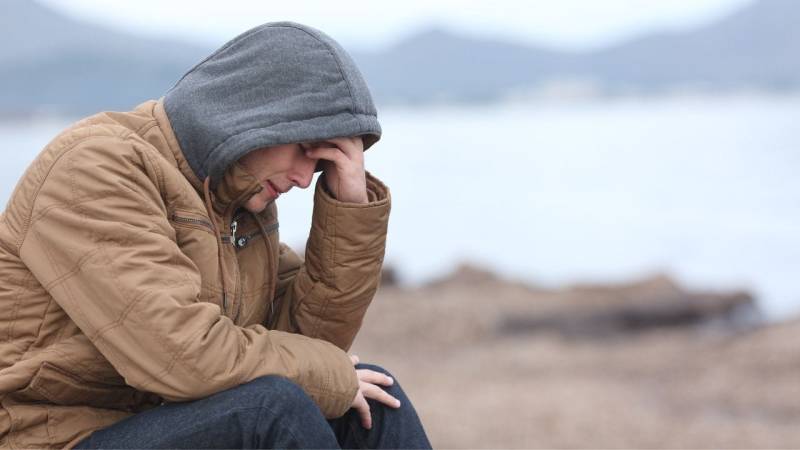
However, mood-enhancing hormones are also produced.
What happens to you on a psychological level? The following is likely to occur:
- strong mood swings
- aggression
- depression
- reduction of libido
- sleep disturbances
You can see that hunger can become quite unpleasant.
Voluntary fasting and forced fasting
There is a big difference here.
If you fast voluntarily, the mood-enhancing hormones prevail. Your mood is therefore much better. This is also due to the fact that it is always possible to get food again.
But if you are in a survival situation, the psychological stress is much higher.
Hunger in an emergency situation
Now imagine that you are in an emergency situation.
You need to create a plan and put it into action. For that, you need full concentration.
According to my 7 Survival Tips, you need to build a shelter, find water, make a fire, find food, and navigate.
To implement this, you require an excellent mental attitude.
An emergency is always a stress test for your psyche. Panic must not arise, as it leads to chaos.
And to alleviate pressure on your psyche, I recommend practicing fasting in advance for such situations.
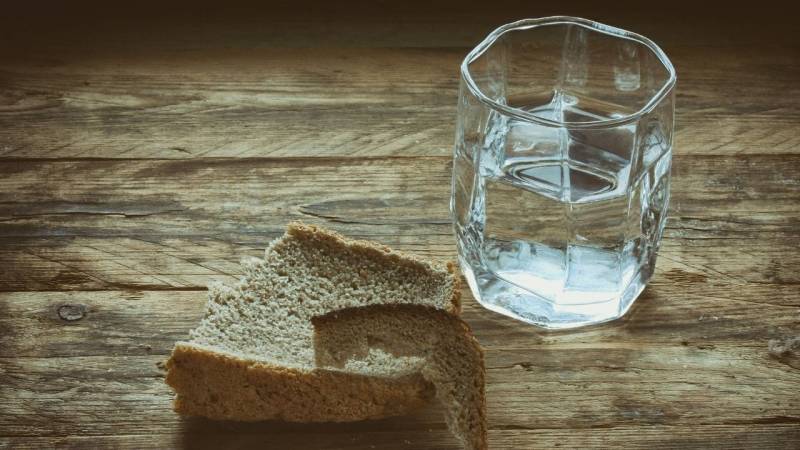
Fasting - You Can Learn to Cope with Hunger
You can prepare for a survival situation.
Many things can be planned in advance. You should practice a lot and go through things in your mind.
So, it is with hunger. Because you can already practice fasting now.
The better prepared you are for an emergency situation, the less stress will spread in the situation.
And the less stress you get, the better you will master the situation.
How to start fasting
Fasting means not eating anything.
At the beginning, the most important thing is: Always drink enough water while fasting.
And at the beginning you should not do any heavy physical work.
Start slowly and increase as you feel comfortable.
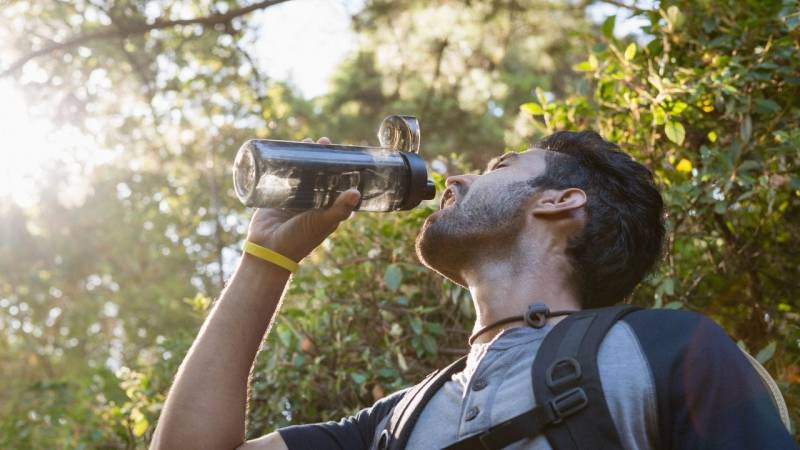
Another legal disclaimer: I am not a doctor and can only share my personal experiences. If you have any physical discomfort while fasting, seek medical advice.
Step 1: No Breakfast
I started by skipping breakfast.
That means you take your last meal before going to bed at night. So between 6pm and midnight.
Then you go to bed, get up and don't eat again until noon for lunch. Now you haven't eaten anything for at least 12 hours.
For someone used to a substantial breakfast, this will be a challenge.
If you're not a breakfast person anyway, then it won't be a bother for you.
Practice these 12 hours without food until you can handle it well.
Always make sure to drink enough water.
For example, coffee helped me to suppress the feeling of hunger. Furthermore, coffee gets my circulation going, which is especially helpful if you have low blood pressure.
Stage 1 I recommend for starters every two days. So, for example, fast on Monday, back to normal on Tuesday, fast again on Wednesday, back to normal on Thursday and so on.
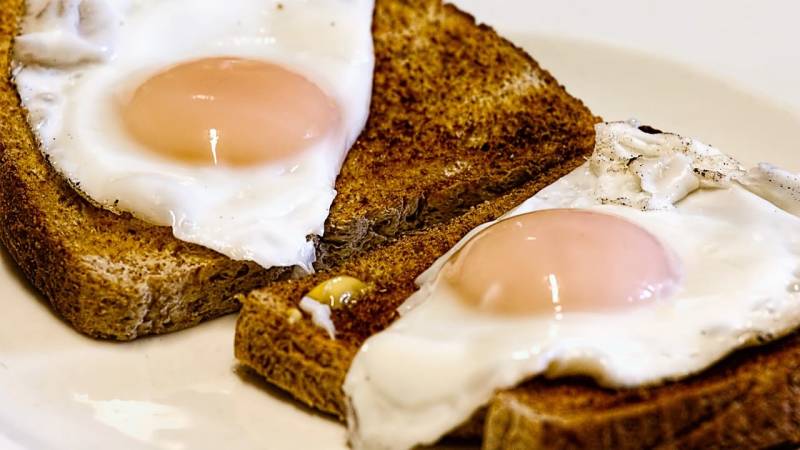
Stage 2: No breakfast and no lunch
If you can handle the day without breakfast, then take on level 2: skip lunch.
You won't eat again until after 4pm. That means at least 16 hours without food.
If you can make this step, you can pat yourself on the back. That is a long time without eating, and very few make it through 16 hours.
If you eat something after the 16 hours, eat slowly. Your stomach will quickly become full, and you will most likely not be able to handle the same portions as on normal days.
Level 3: 24 hours without food
Level 3 means that you don't eat anything for a whole day.
This situation is very likely in an emergency.
However, only attempt this level once you have successfully completed Levels 1 and 2.
Choose a day when you have peace, no major commitments, and can focus entirely on yourself.
Your hunger will regularly remind you, and you will struggle not to run to the fridge.
Begin the 24 hours without food, preferably in the evening between 8 and 12 PM.
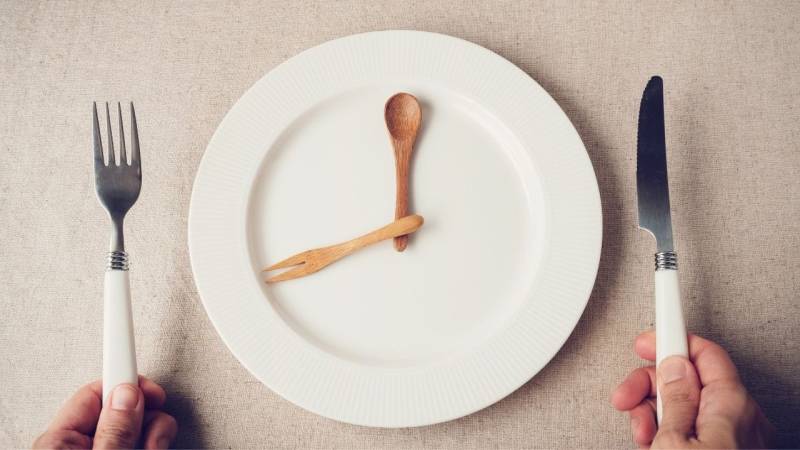
Tips for fasting
Fasting means that you have a strong willpower. The first three days are the hardest!
If you have made it through the first few days, you will experience a feeling of happiness. But you will also not be as productive anymore.
To make fasting easier for you, here are my tips:
- Switch to an environment where the chance of a full fridge doesn't exist
- If you're at home, your fridge should contain nothing
- Coffee can be filling, so if you're starving, drink a large coffee
- If you're very hungry, try to sleep to bridge the time
- And again: always drink enough water!
Summary
Many skills must be practiced during survival training.
One of them is to consume little food. This training can be wonderfully integrated into everyday life.
Start practicing right away by getting used to going without food regularly.
P.S. You will most likely lose weight while fasting regularly. Counteract this if you do not want to lose weight.
Have you ever fasted?
And if so, was it awful or easy for you?
And if not, how do you find this survival exercise?

Sources for the guide
https://de.wikipedia.org/wiki/Hungerstoffwechsel
https://de.wikipedia.org/wiki/Hunger

Author of the guide
Martin Gebhardt
Hey, I'm Martin. On my blog, you will learn the basics and numerous details about living in the wild. I think survival, bushcraft and the good life in nature are the keys to happiness. Find me here on Instagram or on YouTube. You can find more about my mission on the About Me page.
Was this guide helpful?
17 people found this guide helpful.
4.58 out of 5 points (19 Ratings)
Comments (0)
This post may contain affiliate links. So if you click on the links and make a purchase, I will receive a small commission at no additional cost to you. Click here, to learn more about it.


